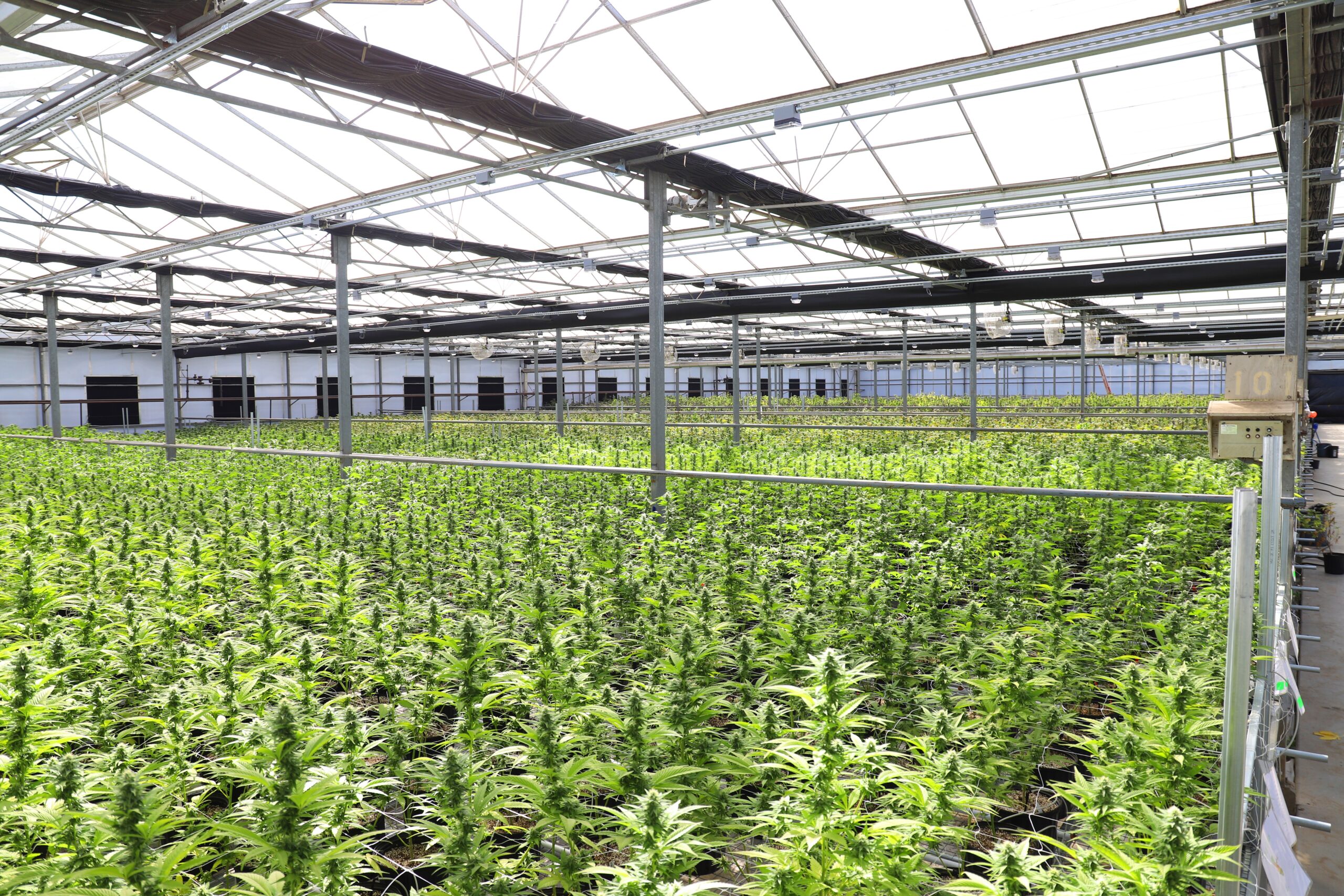
By Phephile Motau
Newly appointed National Maize Corporation (NMC) CEO, Mavela Vilane and his management are concocting water-tight criteria that will bring the abuse of the farm input subsidy programme by the well-off and dagga dealers to a dead-end.
Vilane detailed to the Eswatini Financial Times how he has discovered that the farm inputs subsidy programme was benefitting the wrong people, the wealthy and dagga farmers, imperilling the poor in the process, especially the elderlies.
For this reason, the CEO said dealing with this rot, is one of his top priorities. NMC was tasked by the government to run the farm inputs subsidy and the tractor hire service programmes.
According to Vilane, the corporation has embarked on a process of developing criteria identifying those who are fit and proper to benefit from both the input subsidy programme and the tractor hire service. “The programme ends up benefitting people not meant to benefit because there are no set criteria.
Inputs
As a result of the absence of criteria, Vilane said it some people easily claim that they have vast fields to plough, and buy the inputs and the subsidised price which end up being sold to some shops around the country. This ended up inconveniencing the people who are in desperate need of the inputs to produce food,” he said.
Read More: Top NMC officials fingered in E90m farm subsidy fiasco
He reiterated: “Some of the inputs end up in dagga fields, instead of being used for their intended purpose.” In Vilane’s view, the way people are abusing these agricultural programmes is similar to what happens to the Phalala Fund where successful business people benefit at the detriment of the poor who are in desperate need of the service.
“At the end of the day, the intended beneficiaries do not benefit, but the mafia do because there is no monitoring system,” he said.
To ensure the right people benefit from the programmes, Vilane said the criteria they are developing will ensure that the most vulnerable people are given top priority.
The programme
Making an example, he said priority could be given to the elderly who do not have anyone else to take care of them, child-headed families and people who have graduated but have not yet been employed.
“The criteria should be available so that even if the inputs are not enough, we know the most deserving people benefitted,” the CEO said.
In Vilane’s observation, there are a lot of other things that need to be sorted out with the programme so that it does not attract a public outcry as has been always the case every year. Conversely, Vilane conceded that there are things they have no control over as they are just a vehicle used by the government to run the programme.
He also explained how the input subsidy programme works and said the government puts in 65 per cent and the farmers put in 35 per cent on the inputs.
The government determines the packages for each year based on its budget for the year, and once the money paid by the government is exhausted, farmers can no longer benefit, even if they paid their share, Vilane explained.
He said the same applies to the tractor hire programme where the government paid E180, and the farmers paid E300. He said they charge E480 per hour which is at a break-even point.
Registration
He went on to say once the money paid by the government is finished, they stop charging the subsidised price, but they charge the commercial price of E550 per hour.
On the other hand, the CEO said they are also faced with the challenge of not having the powers of controlling when the government should announce the programme and when it remits money to NMC coffers.
That being the case, Vilane said they have asked the government to announce the resumption of the programme as early as possible and also get the money at the beginning of the government’s financial year so that the farmers could have a chance to register early for the programme to avoid any hiccups.
In either event, Vilane disclosed that money that will be received from the government will go to owed agro-dealers, “so it is highly possible that the number of beneficiaries might decrease.”
Maize
The Kingdom of Eswatini in partnership with India introduced an agricultural input subsidy programme in 2014 that was targeted to improve maize productivity among small-scale maize farmers. However, there is very little emphasis that has been placed on the evaluation of the effectiveness of such a programme.
The government set aside E40.1 million for the input subsidy programme in the 2022/23 farming season which benefitted over 7 000 farmers. For the 2023/24 financial year, the government allocated E1.86 billion to agriculture and it is yet to be announced by the Ministry of Agriculture how much will be channelled to the input subsidy programme.






